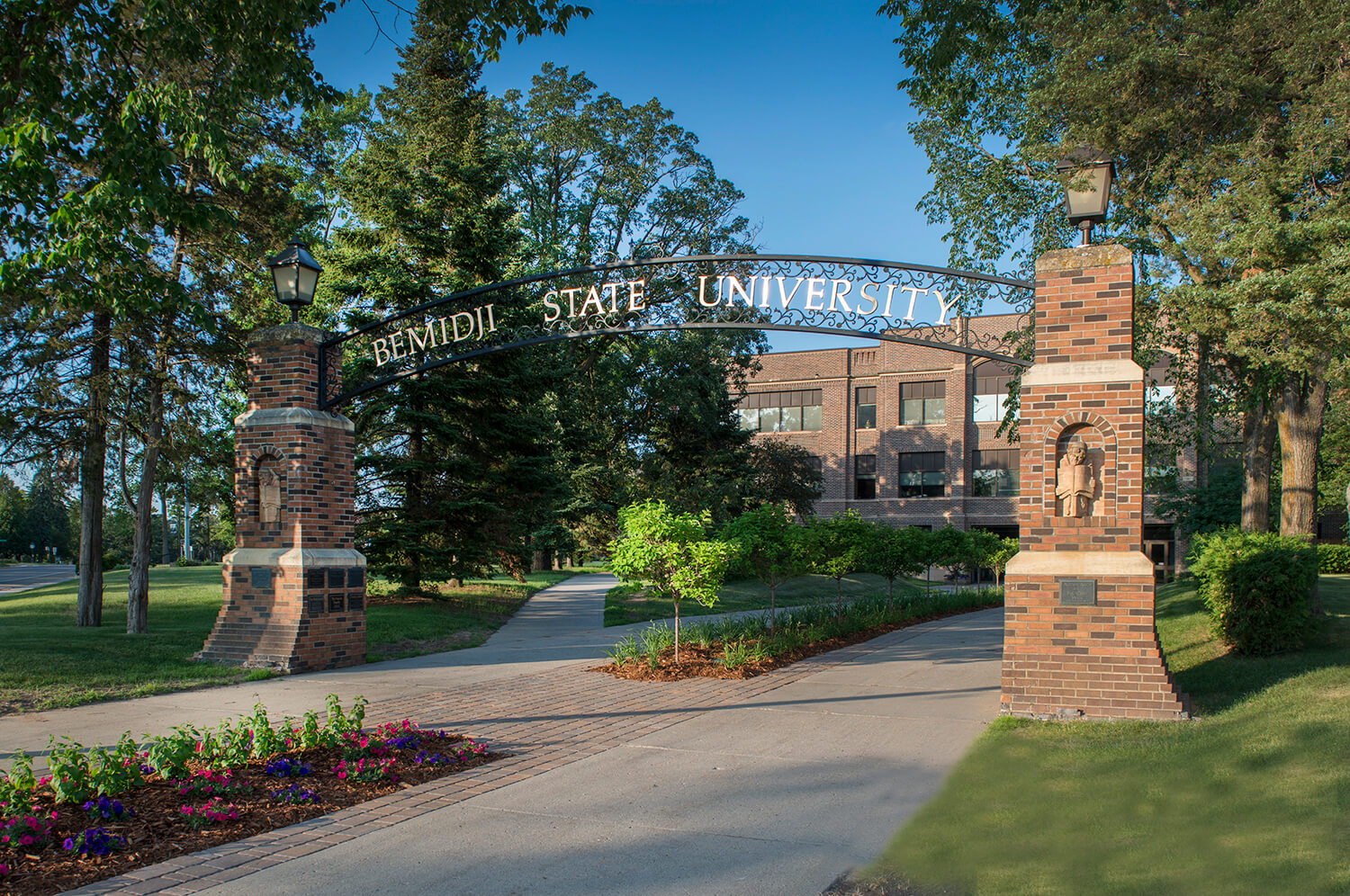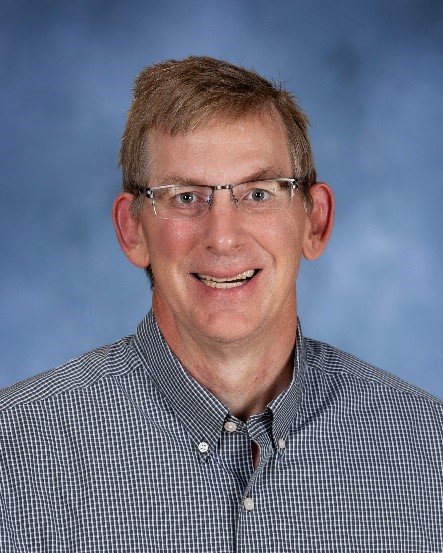
So You Want to be an English Teacher
For Mark Christensen
I was an outsider to the first university on the
Mississippi River, rustic academia.
Mark was my English Methods teacher.
His classes seemed spontaneous, flashing like
lightning bugs captured in a mason jar. Mark
cultivated us hobos, of uneducated parents,
hanging onto the caboose of literature,
his a high-wire act as a trained
professional, balance in the ballast of
Norton anthologies wedged in his hip pockets.
Mark believed in discussions in lieu of soliloquies.
He unjammed the enjambment of our fear of
free verse poetry.
Each day, Mark presented opportunities to
read, write, and discuss--previously buried in our
parents’ yards of crabgrass and rusty swing sets.
Mark’s skinny frame, draped in suits of a
haberdashery unknown to our dependence on
blue jeans, while he witnessed faith in
pens and keyboards and salvation in his
feedback edits. His credo was the teaching of
English is the good work. I believed him;
I still believe, made possible by his classrooms
located between pine needles and a
clear lakefront
For some of my classmates, Paul Bunyan,
wielding a rusty axe, the lumberjack of
procrastination, and his sidekick, Babe the
Blue Ox, the party animal, got in the way of
becoming a teacher. On Mark’s office shelf,
John Cheever’s short stories were lodged.
Cheever hailed the Chekov of the suburbs.
Those stories were dark, Mark confirmed,
alluding where I came from—blood
mixed with disingenuous drafts, a place of
chewed knuckles and burned books, where
I followed the Mississippi north into sanctuary.
The Writing Process
For Will Weaver
My transit, from community college while working a
trade full time to a university, a ticket punched by a
bare knuckled brawler feared as God, was a journey
of burs and brambles. My trial was bare feet on gravel,
getting-through-guts gotten from my father’s demise,
a labor of Hercules.
In a snug office, burgeoning with books, I queried an
author and a professor, one who had escaped the
manual labor of farms, leaving behind dirt and dogma.
His eyes sparked like my grandpa’s grinder, a honing
device for sharpening blades that gutted fish and
sliced loaves, enough for multitudes. The author
smelled like fresh cut hay, like the grass my grandpa, an
evolved townie, trimmed with a sickle along highway ditches.
Grandpa’s failure of farming was a livelihood extinguished,
stillbirth of expelled dead cells.
The author kindly regarded me with benevolence and
absolution. I, too shy, to ask outright, if he would teach
me to develop anchorage by turning the soil with rough
drafting, cultivate words likes rows of corn, and set posts to
protect livestock, who grew like dynamic characters, with
nurturing revision. I waiting for the author to tell me the
secrets of keeping vermin out of the henhouse, granting
me the omniscience to write my grandpa’s story as
authoritatively as the book of Job, so I could visit his
shaggy grave near the industrial park, knowing,
even in death, words meant something.
All Greek to Him
Dr. Brian Donovan lived vicariously though
Greek literature. Those gods of human
foibles and bone saw tragedies:
hacked guts, impaled spears, and
dismembered heads, which Dr. Donovan
wore on his imagination like a carnation
compressed from a slow dance with a
macabre sweetheart.
Making sure his students never lost in
translation, Dr, Donovan captained
voyages to the Greek Isles, plotting the
course of travel guides of literature.
His lectures imbibed with love, Cupid’s
arrow barbed into his enthusiastic
lesson plans.
Dr. Donovan’s love of the Greeks
given to us from Hermes, a swift-
footed messenger. And I know
Helen of Troy neither succumbed to
computer dating nor positing vain
boasts on hollow social platforms.
Greek literature, as Dr. Donovan taught,
was a delectable wine, not a twelve pack of
light beer. Dr, Donovan, our guide,
led us to the peak of Mount Olympus,
where we supped on ambrosia, almost as if
we weren’t mortal.
British Romanticism
Students suspect Dr. Gurney sleeps in his
ever-present suits while dreaming of
British Romantic poems, which
snap down in his valise.
Despite dying far too young, Keats
left behind a vault of resonance.
Shelley’s atheism is holier than
television religion. Lord Byron,
club-footed, could keep poetic time
like a metronome. Wordsworth
prepared for unexpected spots in
time armed with breath mints as
sweet as daffodils. Coleridge’s
endangered albatrosses, hanging like
crucifixes from rear view mirrors.
Dr. Gurney, with his Princeton
mellifluous accent, maintained the
British Romantic poets lived
with rock star reputations.
Too proud for reunion tours,
broken Greek urns, poets slipped
into the ever after of imagination,
replaced by social media.
Dr. Gurney is a conduit to beauty,
which fades in society’s ire of
road rage and domestic violence.
The good doctor memorized poems
by heart, a practice now gone from the
high masses, like evaporated elixir.
Surreal
Helen Bonner, my English professor,
you imported magic realism
from warmer climates, unboxing
Borges and Marquez, like vital
solar power of literature. We were
devoted eight a.m. students,
gouging sleep out of our eyes
while forsaking liquor in our livers.
Helen, you promoted freethinking
with your California cargo transported
into frigid Minnesota. You shared the
vodka of Dostoevsky with me. In a note,
folded like my grandpa’s accordion,
you encouraged me to keep writing.
For every tree taken in one’s life,
plant a new one. It takes a tree to
write a Russian novel; It takes a village
to write magic realism; and it takes
empathy to read and write. Helen,
you emerged from wildfires, taught in
deep freezes, thawing students’ low
self-esteems. I write because of you.
The Female Voice
Between classes, the sun warmed our
backs, evidence of the reparations of
Spring. I read the literature of the
American way: the repression of
women by men. I learned from
Dr. Nancy Michael that equality could
bloom even after harsh winters of
shivering beneath coats, hats and gloves,
teeth chattering in false smiles--and defiantly
smoking outside, poisoning ruddy health,
embers glowing like torches and ashes
tapped like manifest destiny, a notion of
white male power subjugating the female voice.
Though women sang behind their social
cells: Charlotte Perkins Gilman peeling the
layers of The Yellow Wallpaper;
Sarah Orne Jewett protecting the location of
A White Heron. Dr. Michael also taught that
sexual identity is not a sin, but autonomy in a
free market. Spring is the budding, the sun
reintroducing itself after an absence, like a
steadfast friend who knows no prejudice.
Dr. Michael taught me how to be a real man.
Rob Luke is a 1998 graduate of Bemidji State University, with a B.S. in English Secondary Teaching. He taught English at BOLD High School in rural Minnesota from 1999 to 2006. He currently teaches English at Delano High School, in Minnesota, since 2006. He is a 2004 graduate of the M.F.A. in Creative Writing Program from Minnesota State University, Mankato. His poems have appeared in the Pennsylvania Literary Journal, the Tenth Muse, and forthcoming in the Windward Review. He lives on Lake Minnewashta, near the town of Excelsior, Minnesota, with his wife, Sara.

